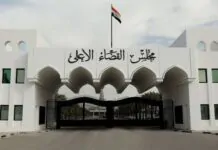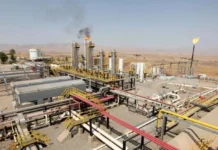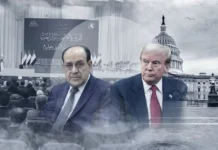Economic expert Manar Al-Obaidi said on Tuesday that the recent drop in the Iraqi dinar’s value on the parallel market has nothing to do with any plan to change the official exchange rate. Instead, he explained that the market is reacting to a major new step that’s about to take effect—the pre-calculation system for customs.
Al-Obaidi wrote on Facebook that even though many people are talking about a possible change to the official exchange rate, the Central Bank has already made it very clear that there will be no change at all, and that statement alone shows the bank is committed to keeping monetary stability.
He said the real reason the market is moving is the upcoming customs reform. Starting December 1, 2025, banks will no longer be allowed to make external transfers unless the customs fees have already been calculated and approved. This is a long-awaited move.
According to Al-Obaidi, this new system will create big changes, including:
- A strong increase in the government’s customs revenues
- Much better control over customs smuggling, which has cost Iraq huge amounts for years
- Stopping fake transfers that were used for speculation and money laundering
- Reducing unnecessary imports that drain foreign currency reserves
However, he also warned that such a major reform will face a lot of resistance—especially from speculators who will try to raise the dollar price, small traders who are not prepared for organized procedures, and groups that have benefited from the chaos in customs and transfers for many years. Because of this, he expects a month full of market noise, statements, and pressure campaigns.
Al-Obaidi said that if the new mechanism is applied properly and without retreat, it will be the biggest hit to smuggling operations in 20 years, and could raise customs revenues to 6–8 trillion dinars. It would also cut down the fake demand for dollars, reduce random imports, and protect Iraq’s foreign currency reserves.
He added that it’s normal to see temporary price increases in some goods and fluctuations in the parallel market. There will also be intense media attacks on the decision, but he described these as short-term pains—like the discomfort of an important surgery that’s needed to fix years of damage.
He emphasized that this is not a monetary crisis, but rather the natural reaction of a market adjusting after two decades of disorder.
Finally, Al-Obaidi praised the current government for insisting on implementing this reform despite pressures, calling it a bold and important step. If the government stays firm, he said, Iraq will witness a historic customs reform that restores balance to foreign trade and protects the country’s reserves from waste.





